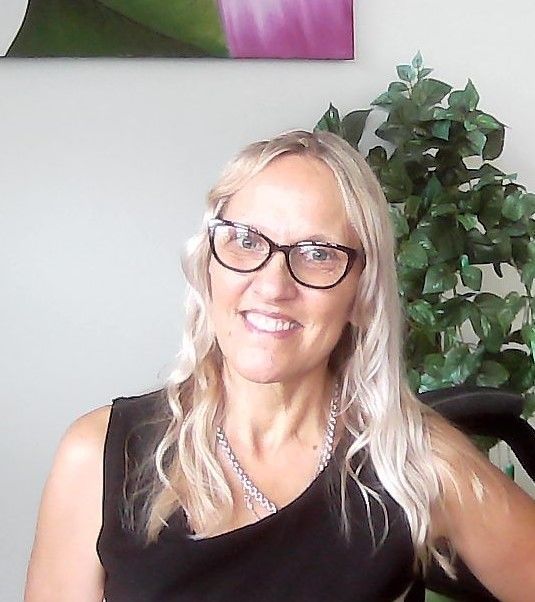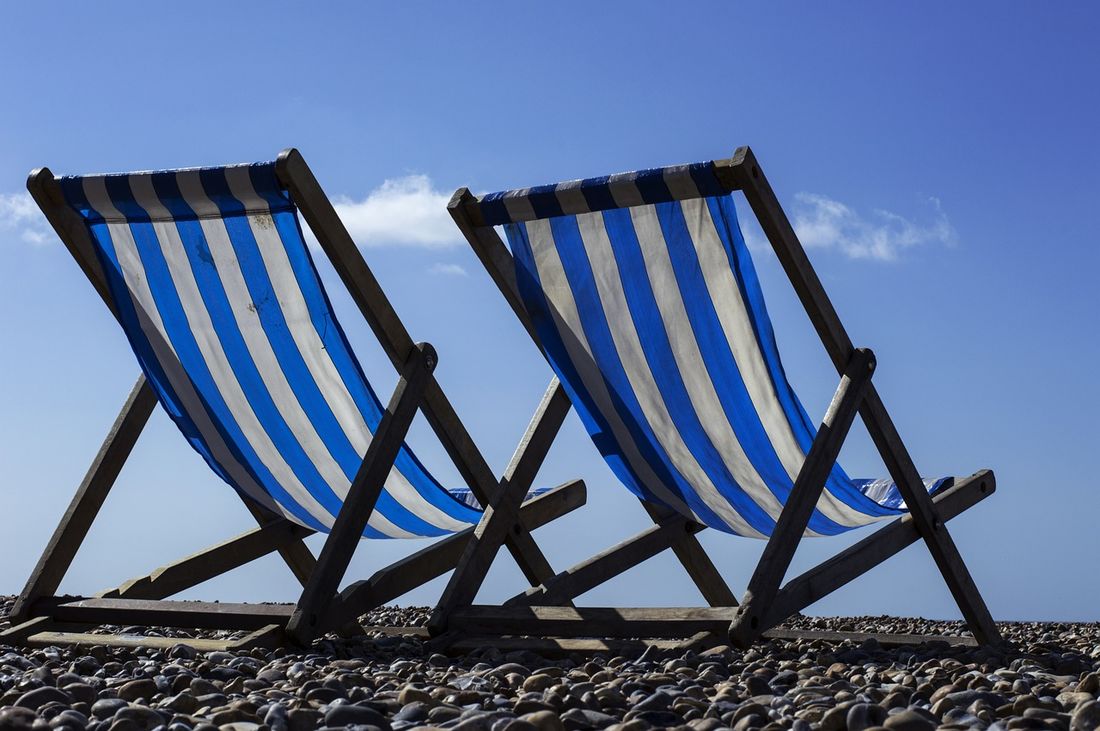What do you do when you have some downtime? Turn to your phone, check messages and mindlessly scroll through social media?
Or do you sit down and do nothing?
But for many of us, the ability to sit down and do nothing is not easy.
We don’t like the idea of doing nothing. Instead, we fill every moment of our time with tasks and push ourselves to do more. We feel guilty about taking time for ourselves. Doing nothing is a waste of time. And time is money. There’s an enormous pressure to be "on-the-go" all the time.
No wonder people are so stressed!!!
After more than thirty years as a wellbeing professional, I know the importance of doing nothing. I also know how to find a balance between “being” and “doing”. One cannot exist without the other.
Taking time to do nothing, even briefly, is good for us. It’s good for the body. It’s good for the soul. And it’s good for the brain.
The human brain is constantly multitasking and processing information, often leading to "information overload". It needs downtime. It needs regular mental breaks during the day to relax and recharge.
“But how do I do nothing when I’m so busy?”, you might be thinking.
First, doing nothing shouldn’t be confused with laziness. You need to give yourself permission to do nothing. Even briefly… just being without doing anything. This can be difficult. But doing nothing is a skill that can be learned. By practicing and persevering. So, take small steps and incorporate brief moments of stillness into your daily life. Breathwork, mindfulness or meditation practice can help you feel calmer and more centered. Some strategies may work better than others. Try several until you find what’s best for you.
Why don’t you try something different? Try daydreaming!
Daydreaming is good for you. It has been associated with many benefits including increased mental flexibility and general wellbeing. Just like night-time dreams, daytime dreams can take you into a magical world where anything is possible. Your mind is free to wander and explore. Many artists, writers and creators incorporate doing nothing, such as daydreaming, into their daily routines. They come up with brilliant ideas and have “lightbulb” moments while seemingly doing nothing.
I have always been a dreamer. I dream at night-time. And I dream during the day, in the "real" world. Often, spontaneously. I might be walking or engaged in a simple, slow, repetitive task such as mopping a floor, and my mind starts to wonder. Soon, I enter a relaxed, dreamlike state. My thoughts drift off and my mind shifts to “flow-like” state. My brainwaves transition to the slower alpha and theta frequencies. I’m still aware of my surroundings but more as an observer as I expand my mental horizons.
Importantly, I don’t confuse daydreams with reality. Daydreaming doesn’t interfere with my life in a negative way. It helps me to relax, problem solve, find solutions, tap into my creativity and even rehearse future events in my mind.
If I want a bit more focus, I daydream with intention and structure. I choose a topic or a theme and consciously direct my daydreams. In other words, I’m mindfully daydreaming.
Healthy daydreaming is different from unhealthy daydreaming or fantasising. You don’t want to use daydreaming as a coping mechanism to escape from real-life difficulties, uncomfortable emotions or unresolved issues. If excessive daydreaming starts to dominate your life, seeking professional support is important.
So many people say they are too busy to do nothing. But they have time to spend excessive time in front of screens.
Are you one of them?
Try daydreaming the next time you have a few spare moments. Even better, schedule moments of daydreaming breaks into your daily routine. Daydreaming is a powerful stress-reliever, offering a temporary escape from the chaos of everyday life.
When you think about it, doing nothing is, in fact, doing something... for your physical, emotional and spiritual wellbeing.
So, embrace the art of doing nothing!!!

Eila Mikkonen
Counsellor, Clinical Supervisor & Mental Fitness Facilitator


